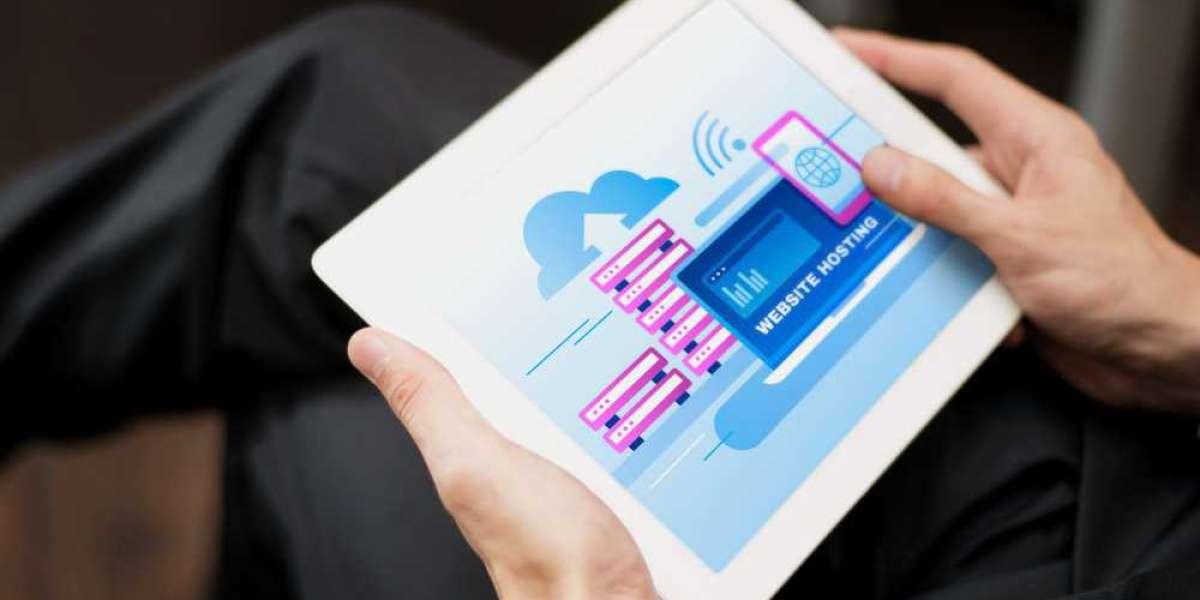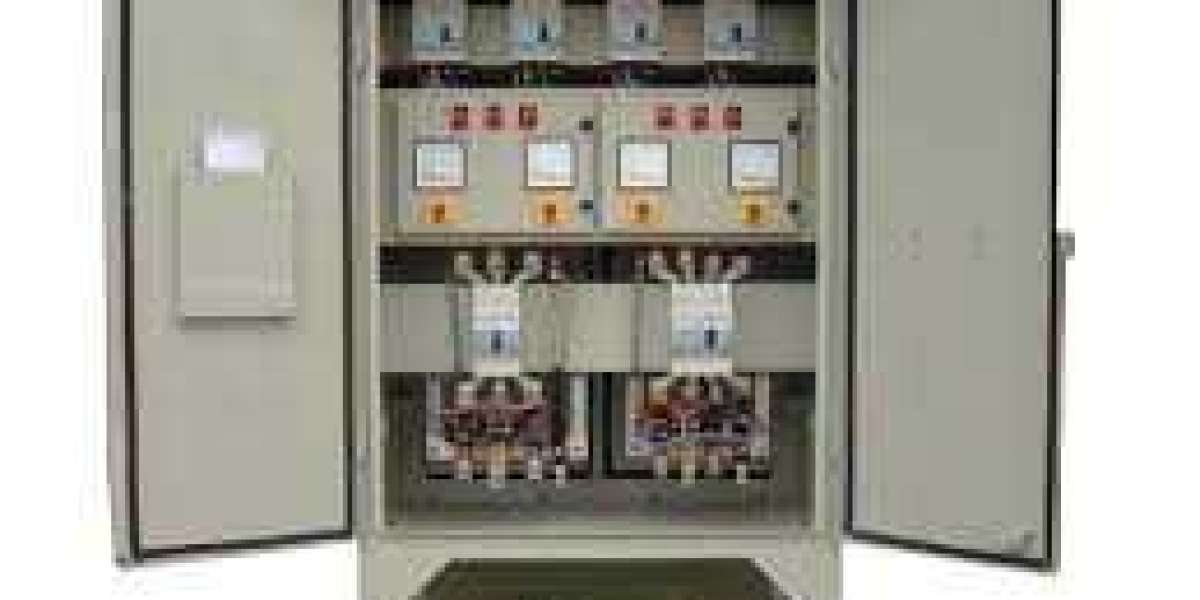In today’s rapidly evolving digital landscape, businesses are increasingly adopting IoT technology solutions to enhance their operations, streamline processes, and provide innovative services. The Internet of Things (IoT) connects physical devices to the internet, enabling them to collect, exchange, and process data in real-time. However, choosing the right IoT platform for your business needs is crucial for maximizing the potential of IoT technology solutions. The right platform will enable seamless integration, scalability, security, and easy management of IoT devices, helping businesses stay ahead of the competition. In this blog, we will guide you through the key factors to consider when selecting the perfect IoT platform for your business.
Understanding the Role of an IoT Platform
An IoT platform acts as a bridge between IoT devices and the applications that process the data generated by those devices. The platform handles various aspects, including device management, data processing, and application integration. It is crucial to choose a platform that suits your specific business needs, as it will determine how efficiently you can collect and use the data generated by your IoT devices.
The key functions of an IoT platform include:
- Device management: Ensuring IoT devices are connected, monitored, and maintained.
- Data processing and storage: Collecting, storing, and processing data generated by devices.
- Security: Protecting data and devices from unauthorized access or cyber threats.
- Application integration: Ensuring seamless integration with other software or business systems.
- Scalability: Enabling your IoT infrastructure to grow as your business expands.
Choosing the right platform will allow you to leverage IoT technology solutions to their full potential, improving operational efficiency, reducing costs, and enhancing customer experiences.
Key Considerations for Choosing the Right IoT Platform
When selecting an IoT platform, there are several critical factors you need to consider:
1. Business Requirements
Your specific business requirements will largely dictate the type of IoT platform you need. For example, if your business focuses on smart home devices, you may need a platform that excels in managing low-power, low-cost devices. On the other hand, if you’re in the industrial or manufacturing sector, you may require a platform capable of handling large-scale deployments, managing complex devices, and processing vast amounts of data.
Identifying your business goals and understanding the specific needs of your industry will help you narrow down the best IoT platform for your business.
2. Scalability and Flexibility
As your business grows, your IoT infrastructure needs to be scalable. The platform you choose should be able to handle a growing number of connected devices and process increasing amounts of data without compromising on performance. Additionally, the platform should be flexible enough to accommodate new device types, protocols, and applications as your business evolves.
It’s important to assess the scalability of the IoT platform in terms of both horizontal and vertical growth. Horizontal scalability ensures that the platform can support an increased number of devices, while vertical scalability ensures that the platform can handle higher volumes of data processing and storage.
3. Security Features
Security is a top priority when it comes to IoT devices and platforms. Since IoT devices are often connected to the internet, they can be vulnerable to hacking, data breaches, and other cyber threats. Choose a platform that offers robust security features such as encryption, secure data transmission, user authentication, and device access control.
The platform should also comply with relevant security standards and regulations to protect sensitive business and customer data. Ensure that the platform provides continuous security updates and vulnerability patches to mitigate emerging threats.
4. Data Processing and Analytics Capabilities
One of the main benefits of IoT technology is the ability to collect and analyze vast amounts of data generated by IoT devices. However, managing and making sense of this data can be a challenge without the right tools. Choose an IoT platform that offers powerful data processing and analytics capabilities.
Look for platforms that offer real-time data processing, machine learning (ML) integration, and advanced analytics tools. These features allow you to gain insights from the data collected, optimize business operations, and improve decision-making.
5. Integration with Existing Systems
Your IoT platform should seamlessly integrate with existing business systems, including enterprise resource planning (ERP), customer relationship management (CRM), and other software applications. This integration enables better data flow across systems, enhances efficiency, and provides a unified view of your business operations.
Before choosing an IoT platform, assess its ability to integrate with your current infrastructure and third-party applications, either via APIs or pre-built connectors. This will ensure smooth data sharing and reduce the time and effort needed to manage disparate systems.
6. Cost and Return on Investment (ROI)
Cost is always a critical factor when making any business decision, and IoT platforms are no exception. Some IoT platforms offer flexible pricing models based on the number of devices, data usage, or storage needs, while others may have a subscription-based model.
To make a cost-effective decision, evaluate the pricing structure of different IoT platforms and determine which one offers the best value for your business. Additionally, use a mobile app cost calculator to estimate the potential cost savings or ROI of implementing an IoT platform based on your business needs. This can help you better understand the long-term financial impact and benefits of the platform.
If you're interested in exploring the benefits of Iot development services for your business, we encourage you to book an appointment with our team of experts.
Conclusion: The Future of IoT and IoT Mobile App Development
Choosing the right IoT platform is crucial to the success of your business’s IoT strategy. It ensures that you can efficiently manage your IoT devices, collect and process data, and scale your infrastructure as your business grows. With the right platform, you can unlock the full potential of IoT technology solutions, improving business efficiency, reducing operational costs, and enhancing customer experiences.
If your business is considering developing an IoT-enabled mobile app to further leverage IoT capabilities, partnering with an experienced team for IoT Mobile App Development is the next logical step. An experienced development team can help you design and build apps that seamlessly integrate with IoT platforms, ensuring a smooth user experience and providing valuable insights from your connected devices.














